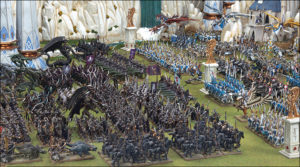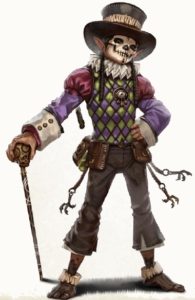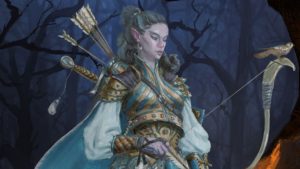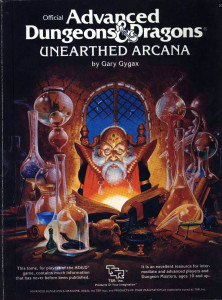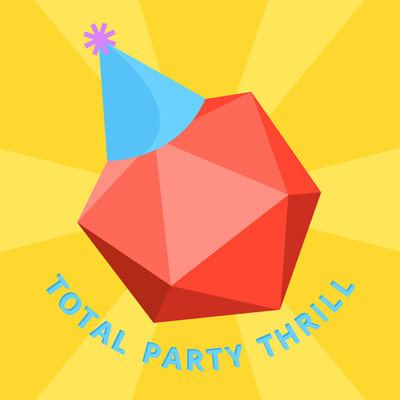
The Boiling Brine, an inland sea on the planet Iblis Prime via
For the past 28 sessions, I have been GMing a Warhammer 40k Rogue Trader game for my home group. At the end of our last story arc, the players were rewarded with the rights to a colony on a newly discovered (though presently populated) planet outside of the Imperium of Man.
Rather than give them a data dump of information and plot hooks I created, I made a session out of planet creation. I leveraged the World Generator system from Chapter 1 of the Stars of Inequity supplement, and players took turns rolling skill checks to research or investigate the planet and its system. Based on the success of their skill rolls, I granted them some leeway to choose off of the random tables from Stars of Inequity. If they failed, I chose nastier results.
After randomizing the characteristics of the planet, we set about filling in the details of some major factions of the city, creating a slew of potential allies and adversaries as they set off to make their mark for the Imperium of Man. I’ve included the results of our session as a (mostly) ready-to-play location for your Rogue Trader game, which can be easily adapted for other settings.

